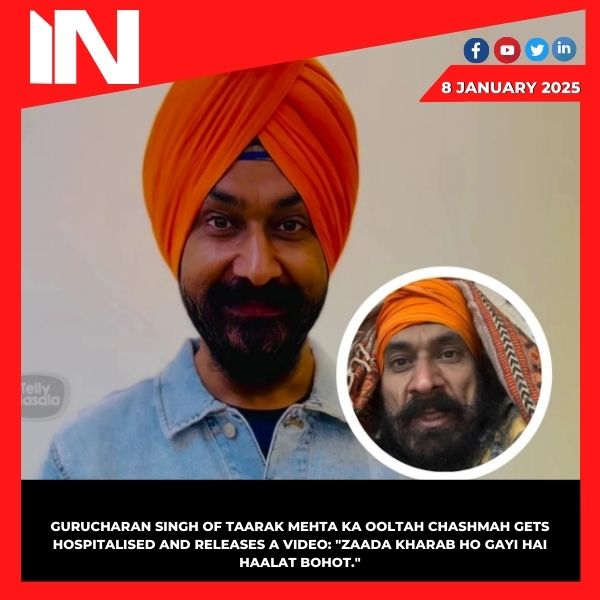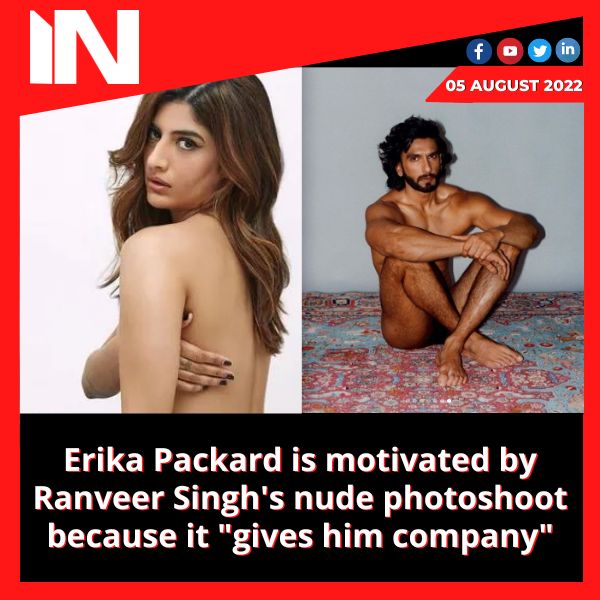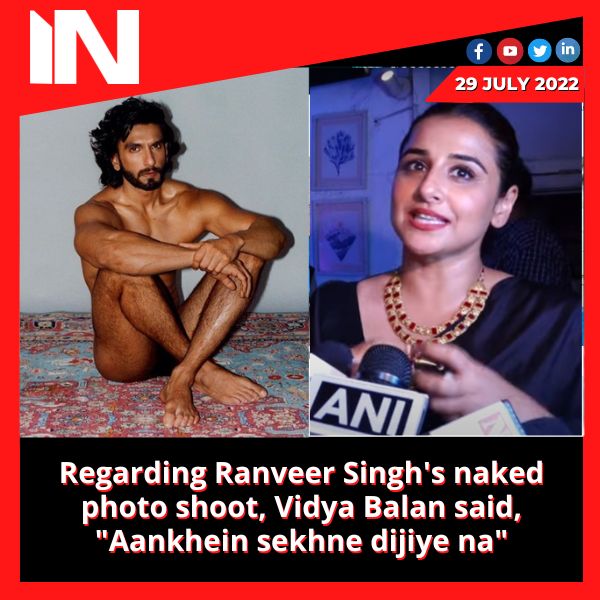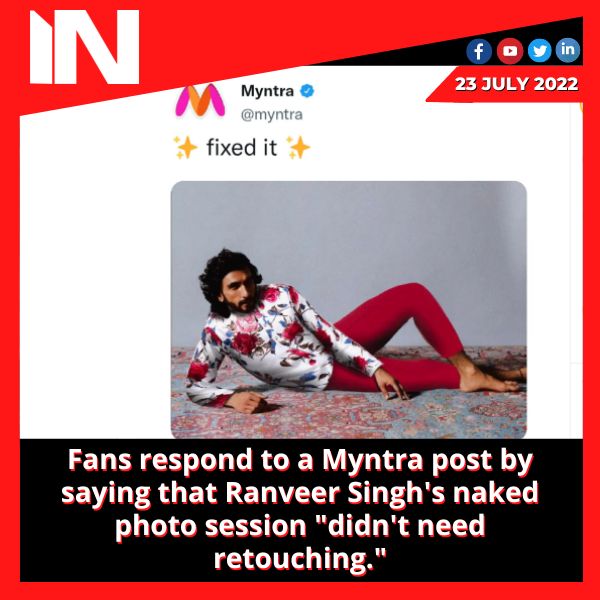Muzammil Ibrahim, once a promising model-turned-actor, has surprised many with a revelation about his past relationship with one of Bollywood’s biggest stars—Deepika Padukone. In a recent interview, Muzammil stated that he was in a serious two-year relationship with Deepika before her meteoric rise in Bollywood and that it was he who ended things.
What caught many off guard was not just the claim, but the simplicity with which he described their time together, saying they used to go on rickshaw dates—far from the glamorous image often associated with film celebrities.
According to Muzammil, their relationship happened well before Deepika became a household name. Back then, both were carving their way into the entertainment world—him in modeling and acting, and her in the fashion circuit.
There was no media frenzy around them, no paparazzi flashes, just two young people exploring a relationship while juggling auditions and small gigs. Muzammil explained that their bond was genuine, filled with regular things like sharing meals at roadside joints and long walks in quieter parts of the city.
What makes the story compelling is the picture it paints of Deepika before fame—grounded, unfussy, and perfectly content with a life that included rickshaw rides and budget-friendly dates. At a time when many assume celebrities only date within exclusive social circles or bond in five-star restaurants, Muzammil’s story reminds us that even the biggest stars start somewhere modest. These intimate, unfiltered glimpses into Deepika’s early years offer fans a more human side to the superstar we now associate with luxury brands and international red carpets.
Muzammil’s mention of being the one who ended the relationship has also piqued public curiosity. He hinted that the breakup wasn’t due to any scandal or betrayal but was more of a personal decision stemming from his own life goals.
He didn’t dive into specifics, but the impression was that the two simply grew apart as their individual careers began to take shape. It’s a sentiment many relate to—young love giving way to ambition, distance, and time.
Interestingly, Muzammil hasn’t used this revelation to gain cheap publicity. In fact, he expressed nothing but admiration for Deepika’s journey, calling her success “well-earned and admirable.”
There was no bitterness in his tone, just a sense of reflection on a phase that now belongs to the past. His story doesn’t come across as a publicity gimmick but rather a nostalgic recall of a time long before the flashing cameras and million-dollar endorsements.
Social media has erupted in response, with fans expressing surprise and curiosity. Some are celebrating the honesty, while others are skeptical, wondering why such a revelation is coming now. But regardless of public reaction, the anecdote offers an unseen chapter in Deepika Padukone’s personal history—one that adds more texture to her public image.
Muzammil, who faded from the limelight after a few film appearances, seems content with where he is today. His comments were not meant to revive a dormant career but simply to share a part of his life that involved someone now globally famous. By doing so, he not only reminded people of his presence but also showed that behind every big star, there are quieter stories of love, struggle, and choices that never made it to the tabloids.
There’s something undeniably touching about the image of two young dreamers navigating Mumbai’s chaotic streets in rickshaws, sharing hopes for the future without any clue of what lay ahead. For fans of Deepika, it humanizes her further, showing she was once just a girl in love, living life simply before fame transformed everything.
In a celebrity-obsessed culture often starved of authenticity, stories like this resonate. They cut through the artificial gloss of PR-generated personas and show the emotional fabric underneath. Whether or not Muzammil account changes how people view Deepika, it certainly adds an unexpected footnote to her legacy—a moment of youthful romance far removed from the spotlight.
The revelation from Muzammil Ibrahim has sparked conversations beyond mere gossip—touching on the nature of early relationships in the entertainment world, and how fame can drastically change personal narratives. His recollection of dating Deepika Padukone during her pre-Bollywood days stands out not just for the celebrity connection but for the humility and warmth it carries. There’s no malice in his words, no attempt to insert himself into her current success story—just a quiet recollection of a simpler time.
He described how they met through common circles in the modeling world, where both were building portfolios and trying to land campaigns. Their bond wasn’t forged at glamorous parties but through shared experiences in an industry that demands both physical discipline and emotional resilience. Muzammil emphasized that they connected on a personal level—deep conversations, mutual support, and genuine care for each other’s well-being. These aren’t the headlines that usually grab attention, but they tell a far more compelling story than scripted interviews or social media shoutouts.
What adds depth to this narrative is how Muzammil handled the breakup. He didn’t frame it as a regret or a lost opportunity, but as a necessary step for both of them. “We were young and chasing different things,” he said in the interview. That honest admission reflects emotional maturity—something rarely captured in stories about celebrity romances. In many ways, it speaks to the broader reality of relationships formed in one phase of life, which may not survive as ambitions evolve and paths diverge.
Fans who admire Deepika’s grace and evolution as an actor may find this story surprising but not inconsistent with the woman they’ve come to respect. Deepika has always exuded a mix of elegance and authenticity, whether in interviews or on screen. Learning that she once happily rode in rickshaws on dates, long before luxury cars and international premieres became her norm, adds another layer to her persona—it makes her even more relatable.
Meanwhile, Muzammil’s own journey is a reminder of how fleeting fame can be in showbiz. He won accolades for his modeling work and made a promising acting debut but gradually faded from mainstream visibility. His recent candid interviews appear less about reviving fame and more about embracing vulnerability.
He has spoken about the challenges he faced in the industry, including being typecast and losing interest in the politics of fame. Sharing his story about Deepika seems like a part of this broader openness—acknowledging the past without clinging to it.
The story has also triggered nostalgia among fans who remember the early 2000s era of Bollywood—the modeling boom, the emergence of stars from non-filmy backgrounds, and the way social media didn’t exist to document every moment of a celebrity’s life. Back then, relationships could be real without becoming spectacle. Muzammil’s account has reminded people of that quieter world, where love wasn’t hashtagged, and breakups didn’t become headlines overnight.
The timing of this revelation is also being analyzed. With Deepika Padukone currently one of the most powerful names in Indian entertainment—balancing commercial success with critical acclaim and even Hollywood projects—any connection to her tends to draw attention.
But Muzammil’s tone remains grounded throughout. He doesn’t claim credit for any part of her journey; instead, he seems content having been a small, supportive chapter in her life story.
In today’s world where many people use past relationships to stir controversy or stay relevant, Muzammil’s narrative feels refreshingly restrained. There’s no scandal here—just a memory of a young couple figuring life out in a bustling city, sharing dreams, laughter, and the occasional rickshaw ride. It’s these fleeting, almost-forgotten moments that define who we are before the world starts watching.
At a deeper level, stories like these remind us that celebrities—despite the gloss, glamour, and guarded appearances—have lived experiences just like anyone else. They’ve loved, lost, stumbled, and grown. For Deepika Padukone, who has often spoken candidly about her emotional journey, struggles with depression, and growth as a person, this quiet glimpse into her early love life only reaffirms her authenticity.
As for Muzammil, perhaps this small revelation will allow people to see him beyond the labels of a former model or a forgotten actor. He appears as someone reflective, honest, and secure enough to speak of his past with grace. If nothing else, he’s offered a story that speaks to the heart—a reminder of who we all were before the world expected us to be someone else.
- Construction, Infrastructure and Mining
- General News Platforms – IHTLive.com
- Entertainment News Platforms – https://anyflix.in/


 Ranbir Kapoor2 months ago
Ranbir Kapoor2 months ago
 Mahakumbh2 months ago
Mahakumbh2 months ago
 American Dream1 month ago
American Dream1 month ago.jpg)
.jpg) Bollywood1 month ago
Bollywood1 month ago
 Sunny Leone2 months ago
Sunny Leone2 months ago
 SSC Exam Calendar 20251 month ago
SSC Exam Calendar 20251 month ago
 Parineeti Chopra2 months ago
Parineeti Chopra2 months ago
 Ajith Kumar2 months ago
Ajith Kumar2 months ago




.jpg)

.jpg)
.jpg)
.jpg)

.jpg)
.png)

.jpg)
%20(2).jpg)



%20(1).jpg)
.jpg)







